Mandatory overtime is a contentious issue impacting workers and employers across various industries. While some see it as necessary to maintain productivity, others argue it infringes on personal time and well-being. This article provides a straightforward look at the question, “Is mandatory overtime legal?”, exploring the legal framework, employee rights, how using the best employee scheduling app might help, and employer obligations. It also delves into the challenges this practice presents, such as stress, potential burnout, and the strain on work-life balance. Let’s explore the complexities of mandatory overtime and what it means for both employees and employers.
Understanding Mandatory Overtime: Definitions and Guidelines
Mandatory overtime refers to the requirement for employees to work hours beyond their regular schedule as dictated by their employer. Unlike voluntary overtime, where employees can choose to work extra hours for additional pay, mandatory overtime is non-negotiable and often stipulated as a condition of employment.
This practice can be particularly common in industries with fluctuating workloads, such as healthcare, manufacturing, retail, and emergency services.
The definition and implementation of mandatory overtime can vary depending on the country, state, or even the specific employer. Generally, it involves:
- Extended work hours: Employees are required to work beyond the standard 40-hour workweek, often including weekends or holidays.
- Overtime pay: While mandatory, these additional hours are typically compensated at a higher rate, often one and a half times the regular pay, in compliance with labor laws.
- Employment contracts: The requirement for mandatory overtime is often outlined in employment contracts, collective bargaining agreements, or company policies.
Is Mandatory Overtime Legal? Federal and State Laws Explained
The legality of mandatory overtime varies by country and, within the United States, by state. In general, federal laws do allow for mandatory overtime, but there are important conditions and exceptions that both employees and employers need to understand.
⚖️ Federal law
Under the Fair Labor Standards Act (FLSA), employers are permitted to require employees to work overtime. The FLSA mandates that employees must be paid at least one and a half times their regular pay rate for any hours worked over 40 in a workweek. However, the FLSA does not limit the number of hours an employee aged 16 and older can be required to work in a single day or week.
📜 State laws
While federal law sets the baseline, state laws can impose additional restrictions or protections concerning mandatory overtime. Some states have specific regulations that:
- Limit mandatory overtime: Certain states, such as California, have stricter overtime laws that may provide additional protections for workers. For instance, in California, non-exempt employees must receive double their regular pay rate for hours worked over 12 in a day.
- Protect specific professions: Some states restrict mandatory overtime in particular industries. For example, several states have laws that limit mandatory overtime for healthcare workers to prevent burnout and ensure patient safety.
- Mandate rest periods: States like New York have regulations ensuring that employees have rest periods between shifts, which can impact the ability to mandate overtime.
When can you not mandate overtime?
There are situations where employers cannot mandate overtime, either due to legal restrictions or specific circumstances:
📄 Collective bargaining agreements
Unionized workplaces often have collective bargaining agreements that stipulate the terms of overtime, including when it can and cannot be mandated. These agreements can provide additional protections against mandatory overtime.
👩⚕️ Health and safety concerns
If working additional hours would pose a health or safety risk to the employee or others, it may not be legal to require overtime. This is particularly relevant in industries like transportation, where federal regulations limit the number of hours a driver can work.
🏠 Reasonable accommodation
Under the Americans with Disabilities Act (ADA), employers may need to provide reasonable accommodations for employees with disabilities, which can include modifications to work schedules to avoid mandatory overtime.
👪 Family and medical leave
Employees who are on family or medical leave under the Family and Medical Leave Act (FMLA) cannot be required to work overtime during their leave period.
🚫 Employment contract violations
If the terms of an employment contract specify conditions regarding overtime, employers must adhere to those terms. Violating the contract by mandating overtime when it’s explicitly restricted can lead to legal disputes and potential penalties.
💸 Inadequate compensation
Employees must be adequately compensated for all overtime work as required by law. If an employer fails to pay the correct overtime rate, this constitutes a violation of labor laws. Employees can seek remedies through complaints to the Department of Labor or by filing a lawsuit for unpaid wages.
Understanding the nuances of mandatory overtime laws is crucial for both employees and employers. It ensures that overtime is administered fairly and legally, preventing potential disputes and fostering a healthier work environment.
Avoiding Mandatory Overtime: Best Practices for Employers
Managing workloads effectively to avoid mandatory overtime not only promotes a healthier work environment but also enhances employee satisfaction and productivity. Here are some tips for employers to minimize the need for mandatory overtime:
1. Efficient workforce planning
- Accurate forecasting: Use historical data and predictive analytics to anticipate workload peaks and valleys. This helps in planning staffing levels more accurately.
- Flexible staffing models: Implement flexible staffing models, such as part-time workers, temporary staff, or freelance workers, to manage fluctuating workloads without relying on mandatory overtime.
![the 38 best employee appreciation ideas of 2023 [free & paid]](https://blog-cdn.everhour.com/blog/wp-content/uploads/2023/07/flexible-time.jpg)
2. Optimize work schedules
- Staggered shifts: Design work schedules with staggered shifts to ensure coverage during peak hours without overburdening employees.
- Compressed workweeks: Consider offering compressed workweek options, where employees work longer hours over fewer days. This can help manage workloads more effectively.
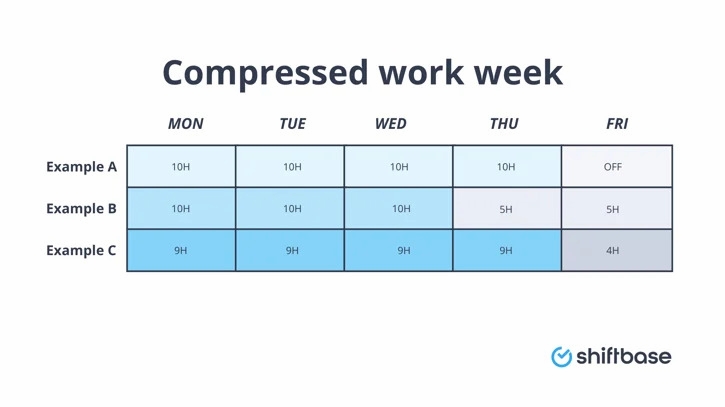
3. Improve operational efficiency
- Process optimization: Streamline workflows and eliminate inefficiencies to reduce the overall workload. Use lean management techniques to identify and eliminate waste in processes.
- Technology integration: Invest in technology and automation to handle routine and repetitive tasks, freeing up employees to focus on more complex and value-added activities.
4. Enhance employee engagement and well-being
- Training and development: Provide regular training to enhance employee skills and productivity. Well-trained employees can complete tasks more efficiently, reducing the need for overtime.
- Work-life balance initiatives: Promote a healthy work-life balance by offering flexible working hours, remote work options, and wellness programs. Satisfied employees are more productive and less likely to require overtime to meet their goals.
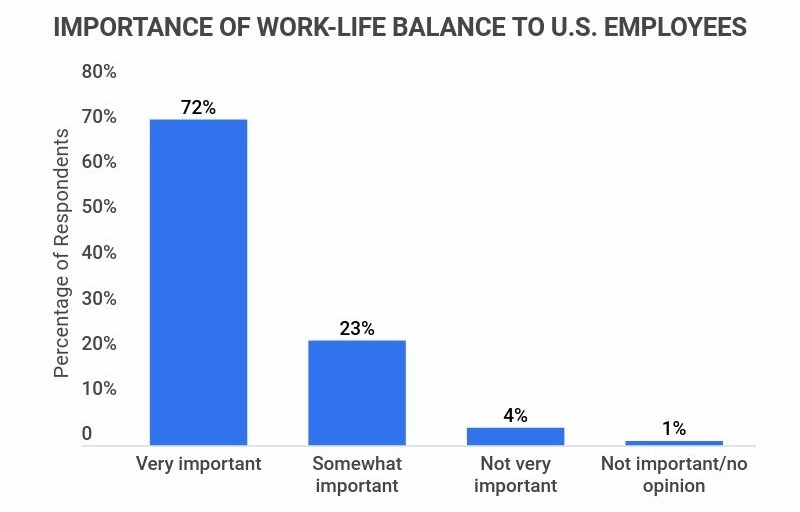
5. Implement effective communication
- Clear expectations: Clearly communicate job expectations and performance standards. Employees who understand their roles and responsibilities are better equipped to manage their time effectively.
- Feedback mechanisms: Establish regular feedback loops where employees can discuss workload issues and suggest improvements. Actively addressing their concerns can prevent situations that lead to mandatory overtime.
6. Monitor and adjust workloads
- Regular workload reviews: Conduct regular reviews of employee workloads to identify and address any imbalances. Adjust workloads proactively to prevent burnout and the need for mandatory overtime.
- Use of performance metrics: Track key performance indicators (KPIs) related to productivity and overtime. Analyzing these metrics can help identify trends and areas for improvement.
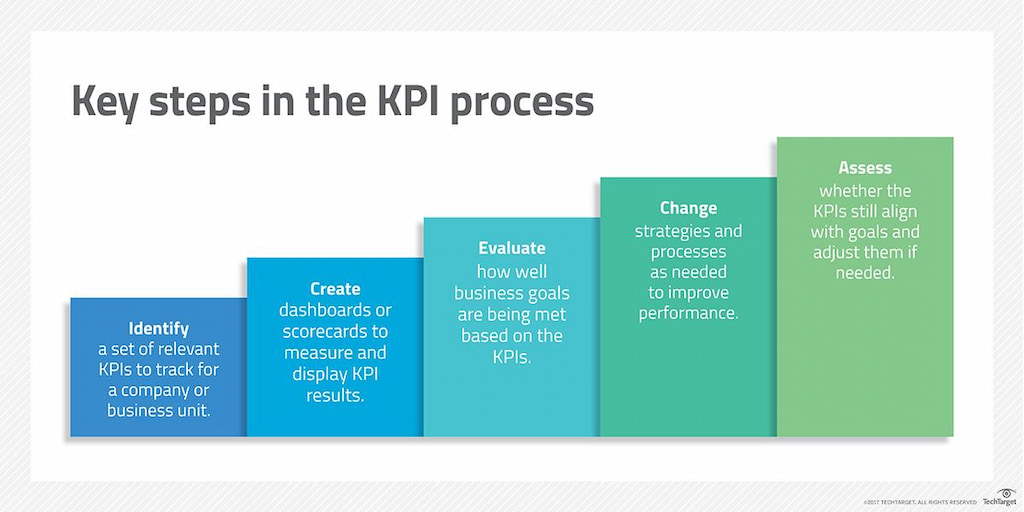
7. Collaborate with employees
- Team-based approaches: Encourage teamwork and cross-functional collaboration to distribute workloads more evenly. Employees working together can often complete tasks more efficiently.
- Open communication: Foster an environment of open communication where employees feel comfortable discussing workload challenges and proposing solutions.
How to Avoid Mandatory Overtime: Strategies for Employees
Avoiding mandatory overtime can be challenging but with careful planning and effective communication, employees can navigate workload demands more efficiently. Here are practical strategies to help minimize the need for mandatory overtime:
1. Understand company policies and contracts
- Know your rights: Familiarize yourself with your employment contract and company policies regarding overtime. Understand under what circumstances overtime can be mandated and any limits or protections that may apply.
2. Manage workload effectively
- Prioritize tasks: Focus on completing high-priority tasks first. Use tools like task lists or project management software to stay organized and track deadlines effectively.
- Set realistic goals: Break down large projects into smaller, manageable tasks with clear deadlines. This approach helps prevent last-minute rushes that can lead to overtime.
3. Communicate proactively
- Discuss workload: Regularly communicate with your manager about your workload and deadlines. Raise concerns early if you anticipate needing more time to complete tasks within regular hours.
- Offer solutions: When discussing workload concerns, come prepared with potential solutions or suggestions for managing tasks more efficiently.
4. Negotiate flexibility
- Flexible work arrangements: Explore flexible work options such as adjusted schedules or remote work arrangements with your employer. Flexibility can help you manage personal commitments and workload demands more effectively.
- Utilize leave appropriately: Use vacation or personal leave strategically to manage periods of high workload. Planning time off during quieter periods can reduce the need for overtime.
5. Enhance time management skills
- Time blocking templates: Allocate specific time blocks for different tasks throughout your workday. This method helps maintain focus and productivity, reducing the likelihood of overtime.
- Minimize distractions: Create a productive work environment by minimizing distractions and interruptions. Set boundaries and prioritize your tasks accordingly.
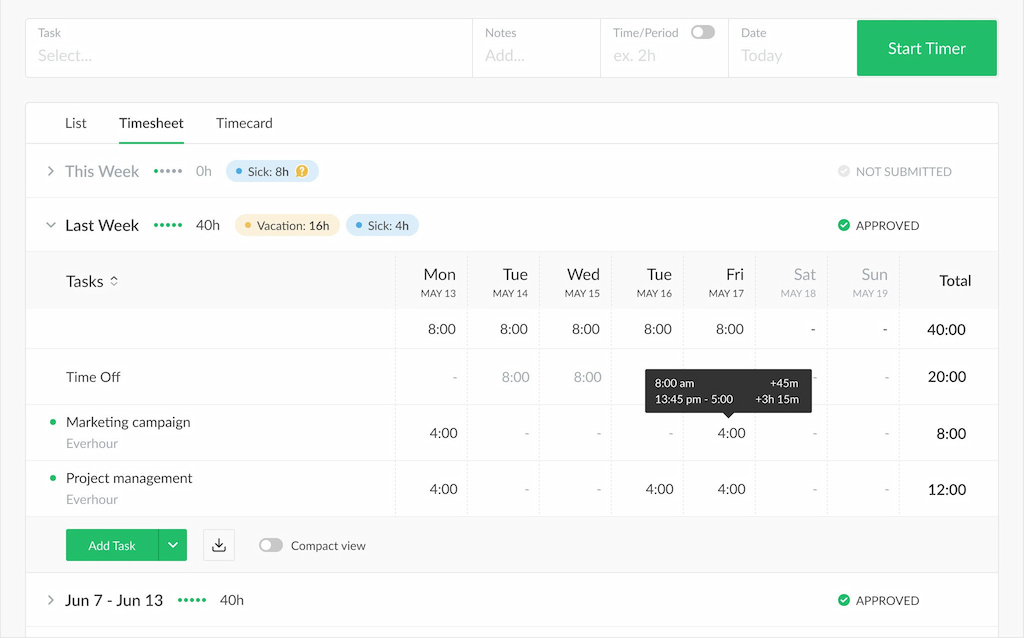
6. Develop professional skills
- Continuous learning: Invest in ongoing professional development to enhance your skills and efficiency at work. Improved proficiency can help you complete tasks more quickly and effectively.
- Stay updated: Keep abreast of industry trends and technologies relevant to your role. Being knowledgeable about the latest tools and techniques can streamline your work processes.
7. Maintain work-life balance
- Set boundaries: Establish clear boundaries between work and personal time. Avoid bringing work home unnecessarily and prioritize self-care activities outside of work hours.
- Manage stress: Practice stress management techniques such as mindfulness, exercise, or hobbies that help you unwind and recharge outside of work.

Using Everhour to Prevent Overtime
Everhour is a powerful tool that can help employees and teams manage their time effectively, ensuring tasks are completed within regular working hours and reducing the need for overtime. Here’s how to leverage Everhour to prevent overtime:
1. Time tracking and monitoring
- Accurate time logging: Use Everhour to track time spent on tasks and projects accurately. This helps identify where time is being spent and allows for better planning and allocation of resources.
- Real-time monitoring: Monitor your daily or weekly hours in real-time using Everhour’s dashboard or reports. This visibility helps you stay aware of your workload and make adjustments to prevent exceeding regular hours.
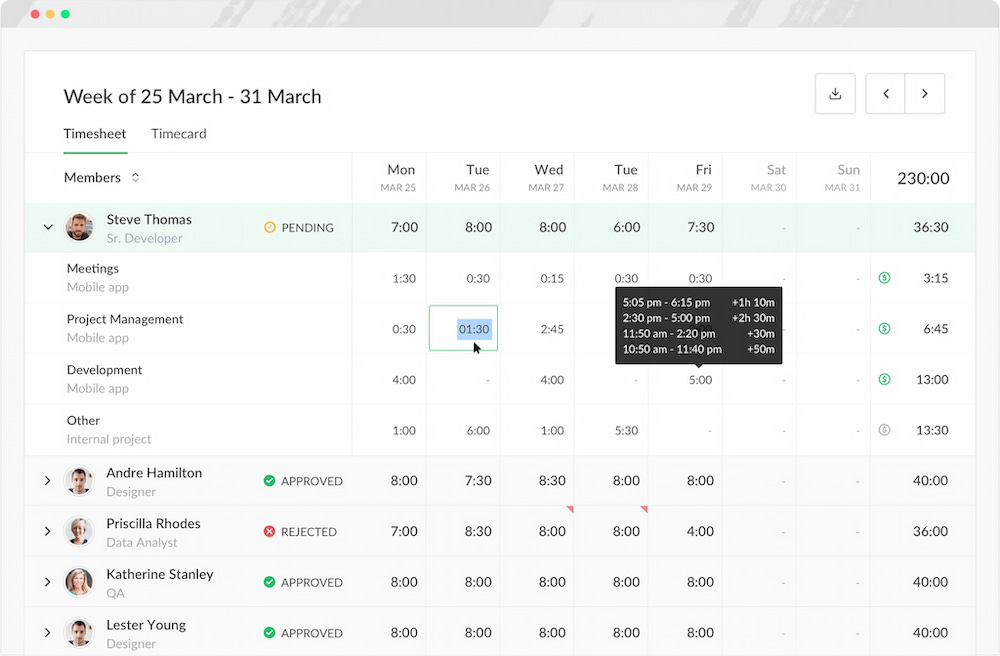
2. Project and task management
- Task budgeting: Set time estimates and budgets for each task or project within Everhour. This feature allows you to allocate time effectively and prioritize tasks based on their importance and deadlines.
- Task dependencies: Use task dependencies to sequence work logically and avoid last-minute rushes that could lead to overtime. Everhour’s task dependencies feature helps maintain a steady workflow.
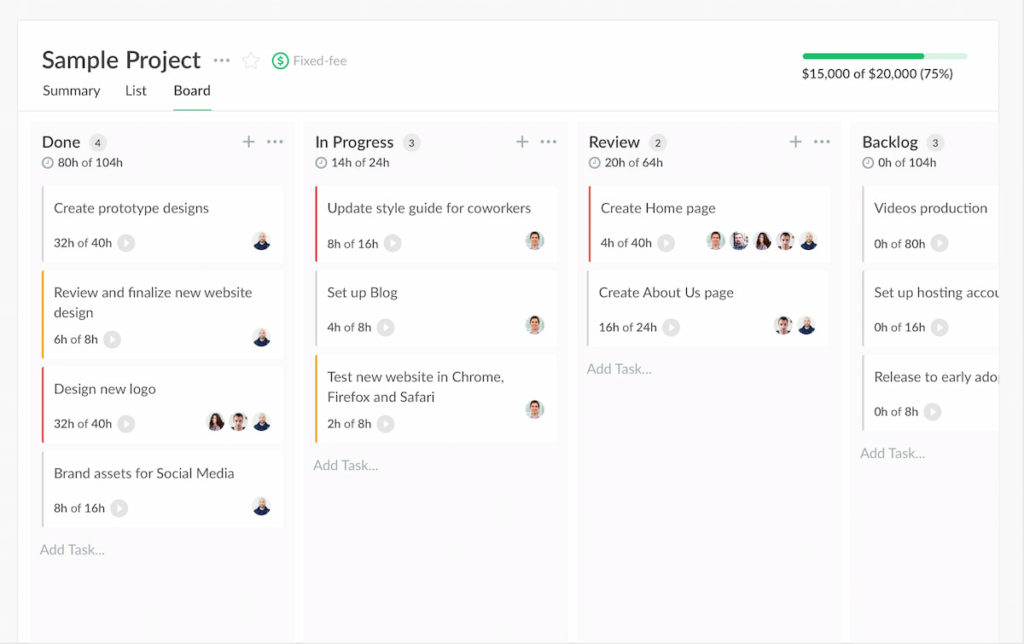
3. Team collaboration and communication
- Shared workspaces: Collaborate with team members using Everhour’s shared workspaces. This feature facilitates communication about task progress, deadlines, and workload distribution, ensuring everyone is aligned and informed.
- Resource planning: Utilize Everhour’s resource planning tools to allocate tasks and manage team workload efficiently. By balancing work assignments across team members, you can reduce individual overtime hours.
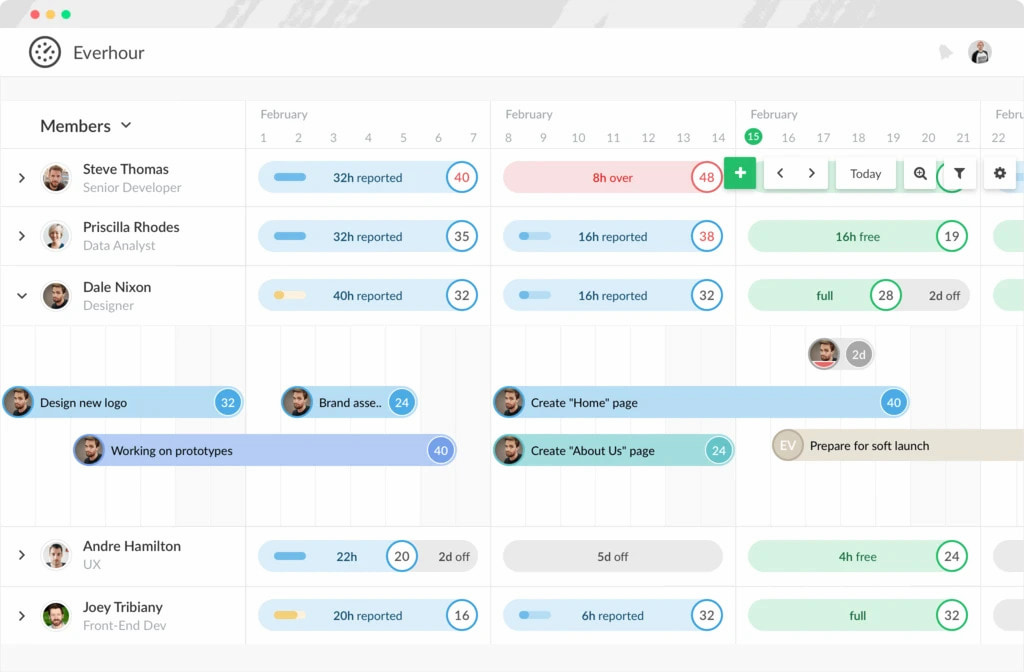
4. Analytics and reporting
- Overtime alerts: Set up alerts and notifications within Everhour to monitor when you are approaching or exceeding your predefined hours. These alerts help you proactively manage your workload and take action to prevent overtime.
- Detailed reports: Generate detailed reports from Everhour to analyze time spent on different tasks, projects, or clients. Use this data to identify inefficiencies, streamline processes, and optimize your workflow to avoid overtime.
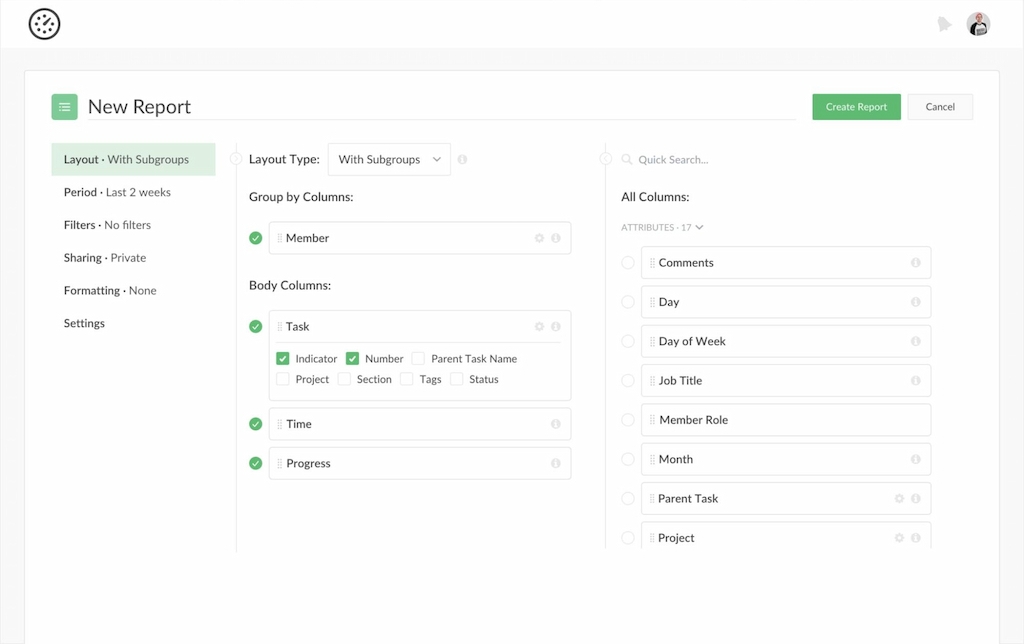
5. Integration with other tools
- Seamless integration: Integrate Everhour with other project management tools such as Asana, ClickUp, Notion, Jira, or 30+ other tools of your choosing. This integration allows for seamless data synchronization and enhances overall productivity and efficiency.
6. Training and support
- User training: Take advantage of Everhour’s training resources and support to maximize your use of the platform. Learn about advanced features and best practices to optimize time management and prevent overtime effectively.
FAQs and Key Insights
Frequently Asked Questions
1. Is mandatory overtime legal?
Mandatory overtime is generally legal under federal law in the United States, provided employees are compensated according to overtime regulations set forth by the Fair Labor Standards Act (FLSA). However, state laws may impose additional restrictions or protections.
2. When can employers not mandate overtime?
Employers may not mandate overtime in certain situations, such as when it violates collective bargaining agreements, poses health or safety risks, or conflicts with legal protections like the Americans with Disabilities Act (ADA) or Family and Medical Leave Act (FMLA).
3. How can employers avoid mandatory overtime?
Employers can minimize the need for mandatory overtime by implementing efficient workforce planning, optimizing shift schedules, improving operational efficiency, and enhancing employee engagement and well-being. Clear communication and monitoring workload levels are also crucial.
4. What strategies can employees use to avoid mandatory overtime?
Employees can avoid mandatory overtime by managing their workload effectively, prioritizing tasks, negotiating flexible work arrangements, enhancing time management skills, and maintaining a healthy work-life balance. Utilizing tools for time tracking and project management can also help prevent overtime.
5. How much notice is required for mandatory overtime?
The notice required for mandatory overtime can vary depending on company policies, collective bargaining agreements, or state regulations. It’s advisable to check with your employer or refer to your employment contract for specific guidelines.
6. Can you be forced to work overtime?
Employers generally have the right to require employees to work overtime as long as it complies with federal and state labor laws regarding overtime pay and working hours.
7. Can overtime be mandatory?
Yes, overtime can be mandatory under certain conditions where employees are required to work additional hours beyond their regular schedule as determined by their employer.
8. Can an employer force you to work overtime?
Employers can require employees to work overtime when necessary to meet operational needs, provided they comply with legal requirements such as overtime pay and notice periods.
9. Can your employer force you to work overtime without notice?
Generally, employers are required to provide reasonable notice when mandating overtime. However, specific notice requirements may vary depending on company policies and legal regulations.
10. Can you be fired for not working overtime?
In most cases, employers cannot terminate employees solely for refusing to work overtime. However, there may be exceptions depending on the terms of employment contracts or specific job requirements.
Key insights
Legal framework: Understanding federal and state laws regarding overtime is essential for both employers and employees to ensure compliance and protect rights.
Challenges and risks: Mandatory overtime can lead to burnout, decreased job satisfaction, and health risks for employees. Employers face challenges in balancing productivity needs with employee well-being.
Strategies for prevention: Employers can mitigate the need for mandatory overtime through proactive planning, effective communication, and fostering a supportive work environment.
Tools and technology: Utilizing tools for time tracking, project management, and workload monitoring can help organizations and individuals manage time efficiently and prevent overtime.
Is Mandatory Overtime Legal: Conclusion
Navigating the complexities of mandatory overtime requires a balanced approach that considers legal requirements, organizational needs, and employee well-being. By implementing effective strategies and leveraging tools like Everhour, both employers and employees can strive for a productive work environment while minimizing the need for overtime hours. Stay informed, communicate openly, and prioritize work-life balance to achieve sustainable success in the workplace.
If you are managing a team of 5 or more and looking to boost efficiency, Everhour is the best team management software to keep your team on track. With seamless time tracking, you can easily estimate task durations, set clear budgets, and generate detailed reports inside Asana, Trello, Jira, or any other pm tool.

